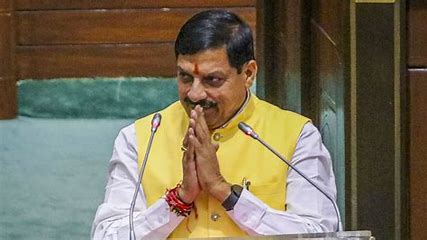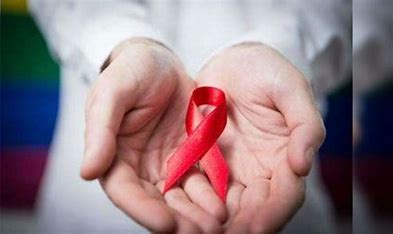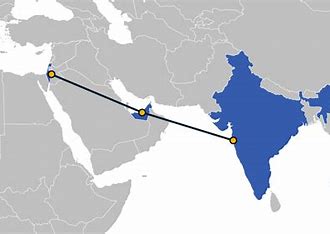
In recent years, the world of agriculture has undergone a remarkable transformation, largely thanks to innovative technologies and digital solutions. One such groundbreaking innovation that is shaping the agribusiness landscape is tokenization. By enabling assets and commodities to be represented as digital tokens on the blockchain, tokenization is revolutionizing the way agribusiness and food supply chains operate. This article will delve into the fascinating world of tokenization in agriculture, exploring its potential impact on the industry and the role of platforms, including the Lightning Network, in facilitating this transformation.
Tokenization: A Paradigm Shift in Agriculture
Tokenization is the process of converting real-world assets, such as land, crops, livestock, or even machinery, into digital tokens on a blockchain. These tokens are secured by the inherent trust and transparency of the blockchain technology, making them immutable and tamper-proof. In agriculture, this means that traditional assets are transformed into digital representations, making them easier to buy, sell, and trade on various online platforms.
Revolutionizing Ownership and Investment
Ownership Made Accessible
Tokenization of agricultural assets opens up new avenues for ownership and investment. Historically, owning farmland or agricultural assets required significant capital and often came with complexities and risks. With tokenization, individuals, including those with limited resources, can invest in fractional ownership of these assets, facilitating broader participation in the agribusiness sector. A platform that connects investors to tokenized agricultural assets, offering an accessible entry point to the world of agriculture.
Enhanced Liquidity
Tokenization also brings increased liquidity to the agriculture industry. In traditional agriculture, assets are relatively illiquid, making it challenging to sell or transfer ownership quickly. With tokenization, assets can be divided into smaller, more manageable fractions that can be bought or sold with ease. This liquidity is an attractive feature for investors, as it allows for quicker capital turnover and risk management.
Supply Chain Traceability and Transparency
End-to-End Traceability
Tokenization doesn’t just affect ownership and investment; it also transforms the way food supply chains function. The ability to tokenize each step of the supply chain, from planting and harvesting to processing and distribution enables end-to-end traceability. Consumers can now have a detailed view of the journey their food takes from farm to table, ensuring food safety and quality.
Transparency and Trust
Blockchain’s transparency and immutability features provide a higher level of trust in the agricultural industry. Consumers and businesses can verify the authenticity of products, confirm organic certifications, and trace the origins of their food with confidence. This newfound transparency is a game-changer for agribusiness, as it allows for safer and more efficient food supply chains.
Reducing Fraud and Counterfeiting
Fighting Fraudulent Activities
One of the significant challenges in agriculture is the prevalence of fraudulent activities, including counterfeit seeds, fake certifications, and mislabeling of products. Tokenization, with the help of platforms can greatly reduce these issues. Each step in the supply chain is recorded on the blockchain, making it nearly impossible for bad actors to manipulate data or pass off counterfeit goods.
Enhancing Sustainability
Sustainable Farming Practices
Tokenization can incentivize sustainable farming practices. By rewarding farmers with tokens for adopting eco-friendly and responsible methods, the industry can shift towards more environmentally conscious agriculture. This benefits both the planet and consumers, who increasingly seek sustainably produced food products.
Challenges and Considerations
Regulatory Frameworks
While tokenization holds great promise, it is essential to navigate the regulatory landscape carefully. Different countries have varying rules and regulations surrounding digital assets and blockchain technology. The agribusiness sector and platforms must adhere to these regulations while fostering innovation and growth.
Technological Adoption
Adopting blockchain and tokenization technology can be a significant challenge for many traditional players in the agriculture industry. The integration of these technologies requires investment, training, and a shift in mindset. However, the potential benefits are substantial, making the transition worthwhile.
Conclusion
Tokenization is a transformative force in agriculture, reshaping the industry by increasing accessibility to ownership, enhancing supply chain transparency, reducing fraud, and promoting sustainability. Most platforms play a crucial role in connecting investors with tokenized agricultural assets and facilitating this groundbreaking change. As the agriculture industry continues to evolve, the innovative power of tokenization is set to drive growth, efficiency, and trust, ultimately benefiting consumers and stakeholders alike.















